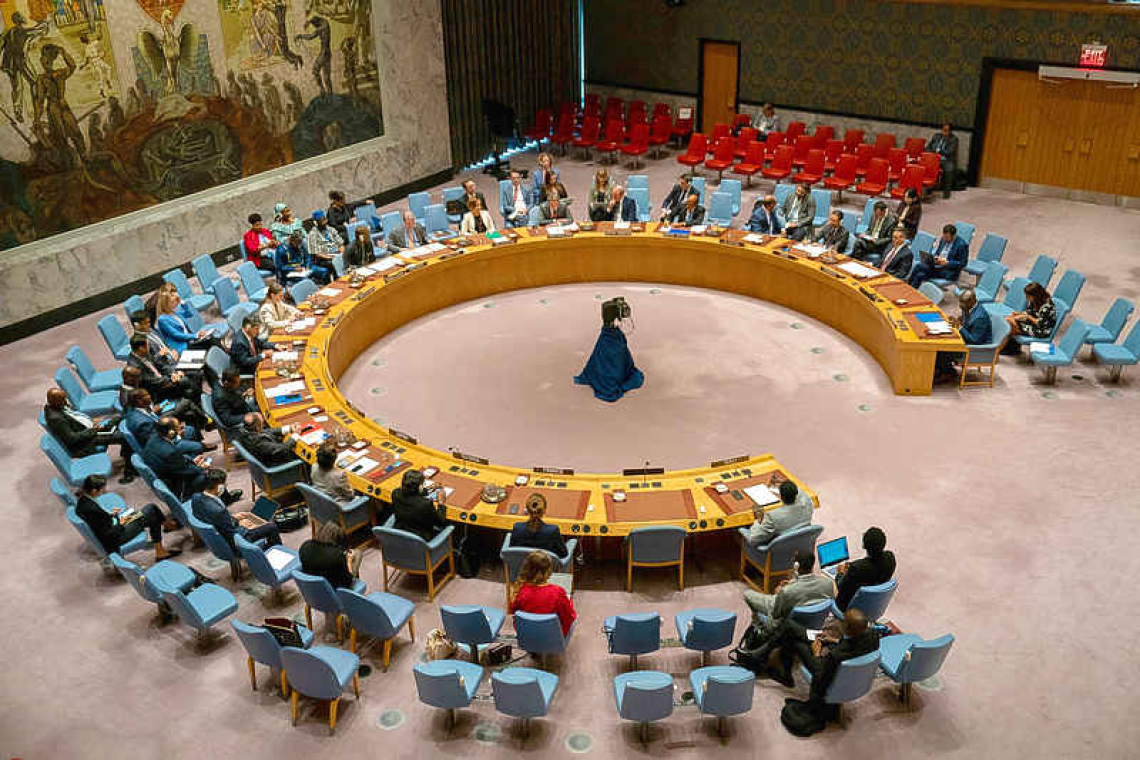UNITED NATIONS--The United States supports creating two permanent United Nations Security Council seats for African states and one seat to be rotated among small island developing states, U.S. Ambassador to the U.N. Linda Thomas-Greenfield announced on Thursday. The move comes as the U.S. seeks to repair ties with Africa, where many are unhappy about Washington's support for Israel's war in Gaza, and deepen relations with Pacific Island nations important to countering Chinese influence in the region. "For years, countries have been calling for a more inclusive and a more representative council, one that reflects the demographics of today's world and better respond to the challenges that we face today," Thomas-Greenfield told the Council on Foreign Relations. The push for two permanent African seats and a rotating seat for small island developing states is in addition to Washington's long-held support for India, Japan and Germany to get permanent seats on the council.
The U.S. also supports permanent council representation for countries from Latin America and the Caribbean but has not specified details. Developing nations have long demanded permanent seats on the Security Council, the most powerful body in the United Nations. But years of talks on reform have proved fruitless and it is unclear whether U.S. support could lead to action. The United States does not support expanding veto power beyond the five countries that hold it, Thomas-Greenfield said. "None of the permanent members want to give up their veto power, including us," she said. "...We think if we expand that veto power across the board, it will make the council more dysfunctional."
The Security Council is charged with maintaining international peace and security and has the power to impose sanctions and arms embargos and authorize the use of force. When the U.N. was founded in 1945, the Security Council had 11 members. This increased in 1965 to 15 members, made up of 10 elected states serving two-year terms and five permanent veto-wielding nations: Russia, China, France, the U.S. and Britain. U.N. Secretary-General Antonio Guterres backs Security Council reform. "You have a Security Council that corresponds exactly to the situation after the Second World War ... That has a problem of legitimacy, and that has a problem of effectiveness, and it needs to be reformed,"
Guterres told Reuters on Wednesday. Any changes to the Security Council membership is done by amending the founding U.N. Charter. This needs approval and ratification by two-thirds of the General Assembly, including the Security Council's current five veto powers. The 193-member U.N. General Assembly has annually discussed reform of the Security Council for more than a decade. But momentum has grown in recent years as geopolitical rivalries have deadlocked the council on several issues, particularly after permanent veto-wielding member Russia invaded Ukraine.







